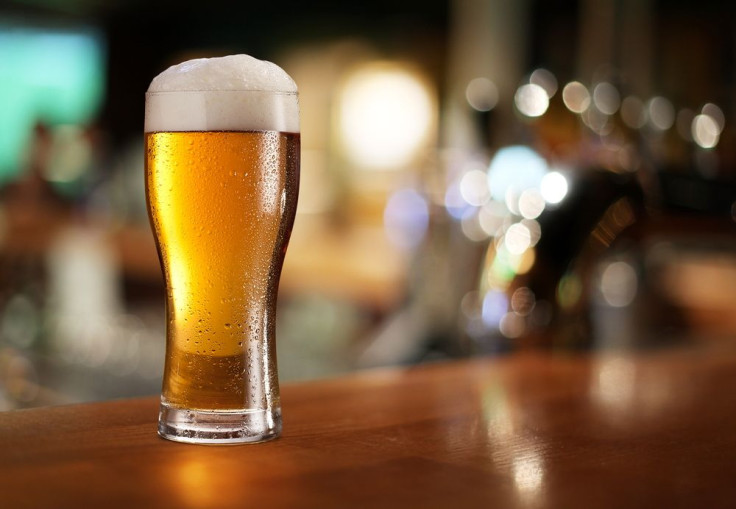Something Is Rotten In The State Of Denmark: Danes Are Recycling Urine Into Beer And It's Actually An Awesome Idea

Music festivals and excessive amounts of urine go hand in hand. Usually, this urine, along with other bodily wastes, gets collected by a waste removal truck and then treated at a local facility. This summer, though, the people of Denmark are trying out a truly ingenious way to dispose of festival attendees’ urine: use it as fertilizer for the barley used to brew beer.
Festivalgoers at Roskilde, the largest music festival in Northern Europe, will now have the opportunity to donate their urine to be used as fertilizer for farmers. In an operation appropriately named “From Piss to Pilsner,” festivalgoers will be asked to pee in a metal trough placed next to a sign reading: “Don’t waste your piss. Farmers can turn it into beer again.” For female festivalgoers, there will be cardboard “urine directors” handed out near the urinals to help women pee standing up, Time reported.
The urine is then funneled into special holding tanks and finally used as fertilizer for malting barley, a type of wheat used to brew beer. The Danish Agriculture & Food Council hopes to collect around 25,000 liters of urine from the more than 100,000 festivalgoers — enough to fill over 425 standard-sized kegs, Smithsonian reported.
“We’ve got urinals right next to the stages where the acts will play, so we’re hoping to collect some rock star pee as well,” says Marie Grabow Westergaard from the DAFC, The Guardian reported.
The Piss to Pilner operation is not just an economical way to obtain fertilizer, it’s also ecological. “The huge amount of urine produced at festivals was having a negative impact on the environment and the sewage system,” Leif Nielsen, a representative from the DAFC, told The Guardian. “But beercycling will turn the urine into a resource.”
Although we may be more familiar with another bodily waste being used as fertilizer, urine is filled with nutrients which make it more than qualified to do the job. Also, unlike feces, urine does not carry bacteria such as E.coli and therefore poses virtually no health risk, Scientific American reported.
The nitrogen, potassium, and phosphorus in urine also happen to be the same ingredients in common mineral fertilizers. Also, according to Håkan Jönsson, a researcher at the Swedish University of Agricultural Sciences, the nutrients in urine are also in just the right form for plants to drink them up.
The idea of using human urine as plant fertilizer has already been implemented by a small number of organic farmers in both the U.S. and Europe. By 2017, Roskilde attendees can taste the fruit of their labor and should expect to be served beer brewed from barley fertilized by this year’s collection.



























